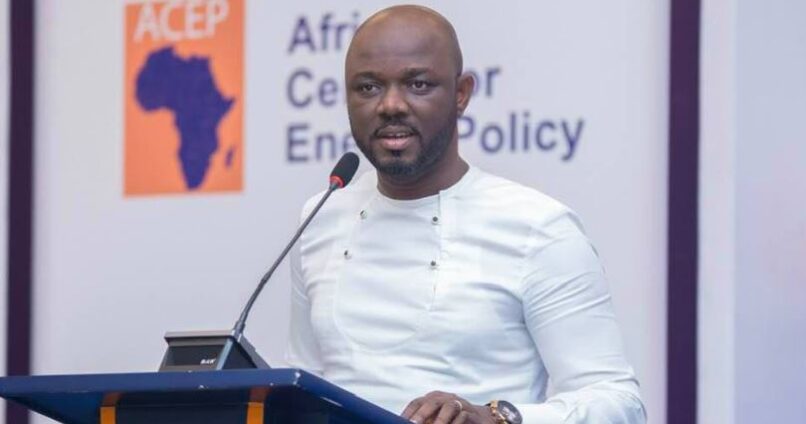The Africa Centre for Energy Policy (ACEP) has described the government’s decision to absorb the cost of electricity of consumers as rushed.
According to the Executive Director, Benjamin Boakye, there should have been extensive deliberation on the policy ahead of its rollout to ensure that it is better-tailored to achieve the intended purpose of mitigating the impact of the coronavirus on the poor in the county.
President Akufo-Addo on the night of April 9, announced three months of free electricity for consumers of a particular category, to make up for lost income following the coronavirus lockdown in Accra and Kumasi.
“We’ve decided on further measures of mitigation for all Ghanaians for the next three months, i.e April, May and June. Government will fully absorb electricity bills for the poorest of the poor, i.e, for all consumers. That is free electricity for persons who consume from 0-50 kilowatt-hours a month for this period,” the President told the nation in a televised address.
In addition, the President said the government will also absorb 50% of electricity bills for consumers in residential areas as well as those engaged in commercial activities during the period, using their March 2020 bill as the benchmark.
But speaking on the on Good Friday edition of the Joy FM Midday News, the ACEP boss says this move defeats the said attempt to reduce the burden on the “poorest of the poor” adding that “we need to have a conversation on this policy.”
“If you consume GHS18 government absorbs your electricity bill. But for the average person or the rich that is consuming GHS5,000 a month… government is going to pay GHS2,500 of your bill for you. This is so regressive that you don’t need to have that intervention at a time that government is struggling to raise money to deal with the core issue,” he said on Friday.
ACEP expressed further concern with the modality by which this policy is expected to be implemented which he believes, rather does nothing as far as the plight of the poor is concerned.
“These poor people live in compound houses and they usually consume more than the lifeline (50 units a month). So if they are consuming 50 units a month then they are automatically out of the lifeline range.”
He recommended that government rather consults employers among others in the labour sector to assess struggling individuals affected by the crisis through layoffs and others, and provide them with the interventions.
“We are just redistributing our wealth to make the rich richer and make the poor poorer.”
Energy sector debt
Considering the amount of debt owed the power sector by government, Benjamin Boakye explained that the latest policy only worsens the liquidity challenges of the sector.
ACEP says the move compounds government’s capacity to repay debts owed the power producers.
“The IPPs [Independent Power Producers] are owed over a billion dollars as we speak. Gas consumption is also not being paid for. If you check the OCTP payment schedule, since October there haven’t been payments for gas that is being consumed. This is a burden that sits on the books of the government as we speak,” he said.
Latest Stories
-
Center for Learning and Childhood Development Director Dr Kwame Sakyi honoured at Ghana Philanthropy Awards
7 hours -
Asantehene receives 28 looted artefacts
8 hours -
CAF WCL 2024: Ghana’s Thelma Baffour wins title with TP Mazembe
9 hours -
Benjamin Boakye slams politicisation of energy sector issues and ECG’s inefficiencies
9 hours -
Erastus Asare Donkor and Dr Neta Parsram win big at 10th Mining Industry Awards
9 hours -
Government is “suppressing information” about power sector challenges – IES Director
9 hours -
Majority of our debts caused by forex shortfall – ECG Boss
10 hours -
Pan-African Savings and Loans supports Ghana Blind Union with boreholes
10 hours -
Bole-Bamboi MP Yussif Sulemana donates to artisans and Bole SHS
10 hours -
Top up your credit to avoid potential disruption – ECG to Nuri meter customers
11 hours -
Dutch & Co wins 2024 Entrepreneur of the Year Award
11 hours -
We’ll cut down imports and boost consumption of local rice and other products – Mahama
13 hours -
Prof Opoku-Agyemang donates to Tamale orphanage to mark her birthday
14 hours -
Don’t call re-painted old schools brand new infrastructure – Prof Opoku-Agyemang tells gov’t
15 hours -
Sunon Asogli plant will be back on stream in a few weeks – ECG
15 hours

